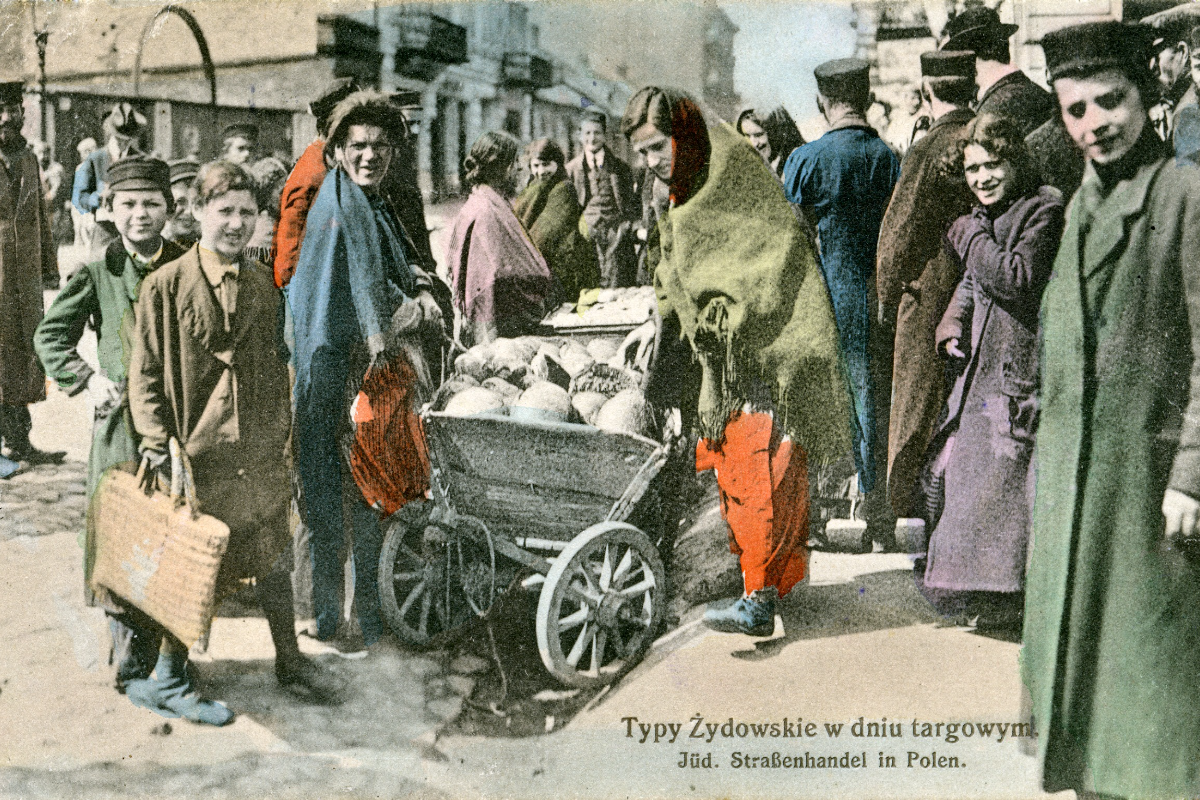If you’ve been on TikTok recently, you may have seen talk of a new lifestyle trend. Women calling themselves “traditional wives,” or #tradwives, have been making headlines with their content, usually focused around cooking and domestic labor, deferring to their husbands in major decisions, and often maintaining a vintage-inspired aesthetic.
While the choice to be a homemaker is a valid one, many of the tradwives of TikTok take it a step further, demonizing the feminist movement, women with careers and/or advanced degrees, and women who, for whatever reason, don’t want a heterosexual monogamous marriage.
Many self-identified tradwives, such as Estee Williams, whose recent video about her lifestyle went viral, claim to be persecuted by the wider world. Meanwhile, other influencers, scholars and activists have pointed out that tradwife rhetoric is often rooted in a vision that glorifies not only heterosexual patriarchy but whiteness, and can go hand-in-hand with white supremacy. That’s not to say all tradwives are white — some Black tradwives, for instance, have described their lifestyle as a means to avoid burnout, which is distressingly common in African American women.
But what about Jewish tradwives?
Here’s where it gets interesting: “tradwives” claim to be following tradition, but leave it to the viewer to decide whose tradition they mean. And they are certainly not following the traditional wifely role for an Ashkenazi woman in the 19th and early 20th century.
Among the Jewish communities of the Eastern European shtetls, the ideal of masculinity was defined by the Torah scholar, who had the luxury of studying full-time. But what of the scholar’s wife? Well, the ideal of 19th-century Ashkenazi femininity wasn’t a stay-at-home homemaker — she was a breadwinner.
After all, someone had to support all that religious scholarship. Ashkenazi femininity was entrepreneurial, with women selling wine, candles and household staples, engaging in small-scale agriculture or working with textiles, and more. Even Tevye in “Fiddler On the Roof” (may Chaim Topol’s memory be a blessing) sees how hard his wife works, and thinks how “if he were a rich man,” she could have staff to help her out while he fulfilled his own dream of becoming a scholar.
The Hebrew Bible itself has some very favorable things to say about women as breadwinners. While many gentile interpretations of Proverbs 31 focus on the virtuous woman’s bringing honor to her husband, Jewish scholars also noted what her day-to-day life actually entailed. The virtuous woman was one who was a fair employer, who owned commercial land holdings and who engaged in trade. In short, the virtuous woman was a businesswoman.
Does this mean that the shtetl was secretly a feminist utopia, where women were honored and powerful? Sadly not. While the Ashkenazi woman breadwinner was undoubtedly a powerful figure in her household, that’s not necessarily the same thing as a respected one, and women were absolutely viewed as inferior to men — which went a long way in explaining why there were no women serving in the highly esteemed roles of religious scholars (“Yentl” notwithstanding, of course).
That might be why, with the arrival of thousands upon thousands of Ashkenazi Jewish immigrants to the United States at the turn of the 20th century, the entrepreneurial ideal of a woman did not survive the crossing. The immigrants fully embraced their new country’s ideal of a man as breadwinner, with his wife a homemaker — if they could afford it. This may have been in part about assimilation and embracing their new identities as Americans. It may also have been because, like the Black tradwives of TikTok, Ashkenazi women were burnt out from a gender role that offered a lot of hard work and responsibility, and not much esteem.
But that was then. Looking back at the hardworking businesswomen of the shtetls of Eastern Europe, it’s impossible not to admire their toughness, their determination and their intellect, and how they used all three to keep their families alive. More than that, it’s hard not to smile at what they show us about “being traditional” — which is that the world is big, and has contained countless traditions throughout human history. Almost any conceivable way of living, of approaching love, work, family and gender, has been “traditional” somewhere, at some time.
So, ladies, if you were feeling like you had no template to follow while pursuing a managerial career, or owning your own small business, think again. You have generations of women behind you. And whatever your martial status, why call yourself a #bossbabe when you’re really just embracing your inner #AshkenaziTradwife?



